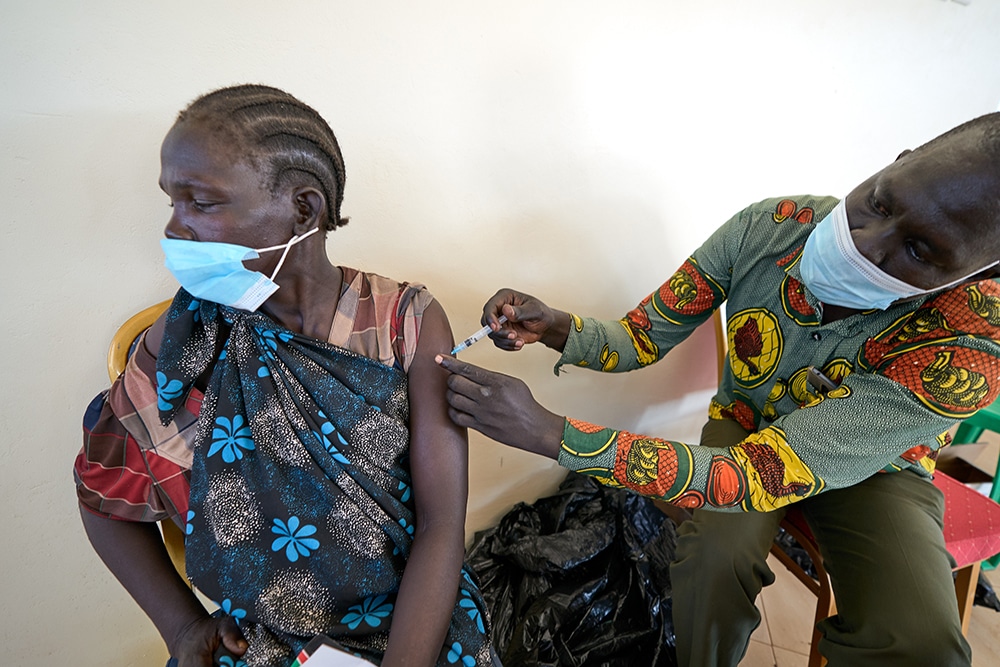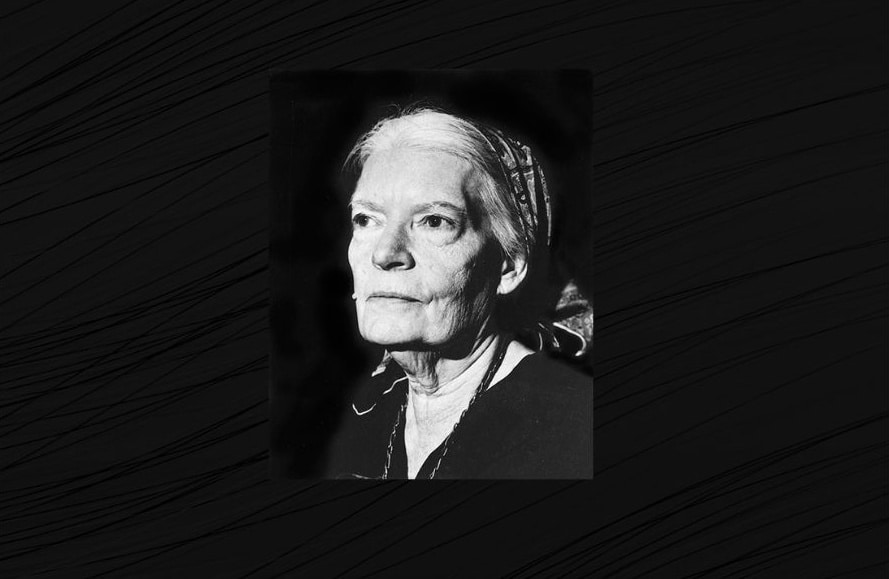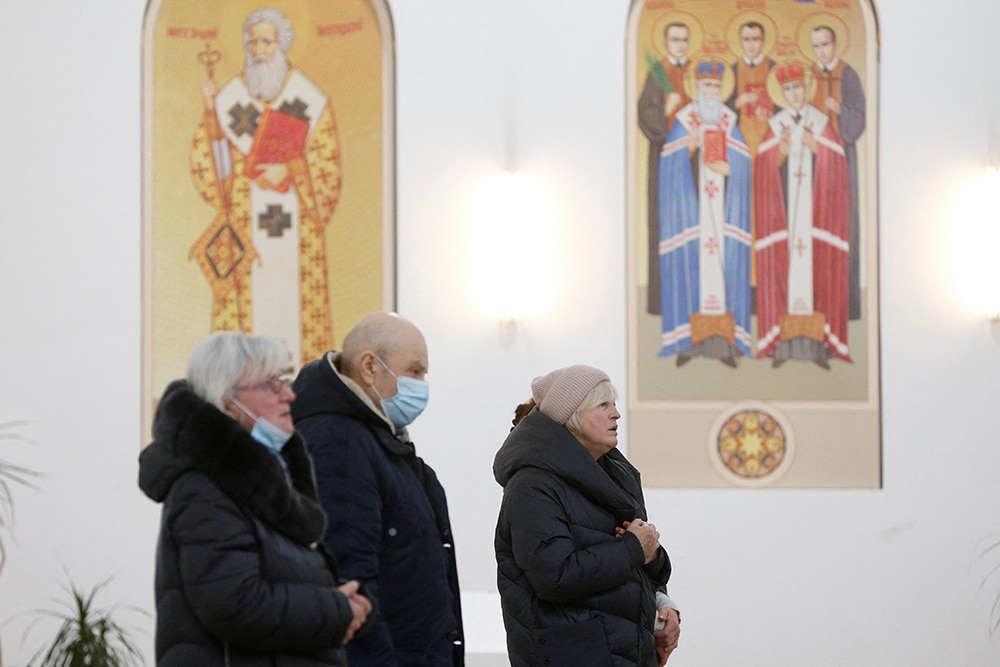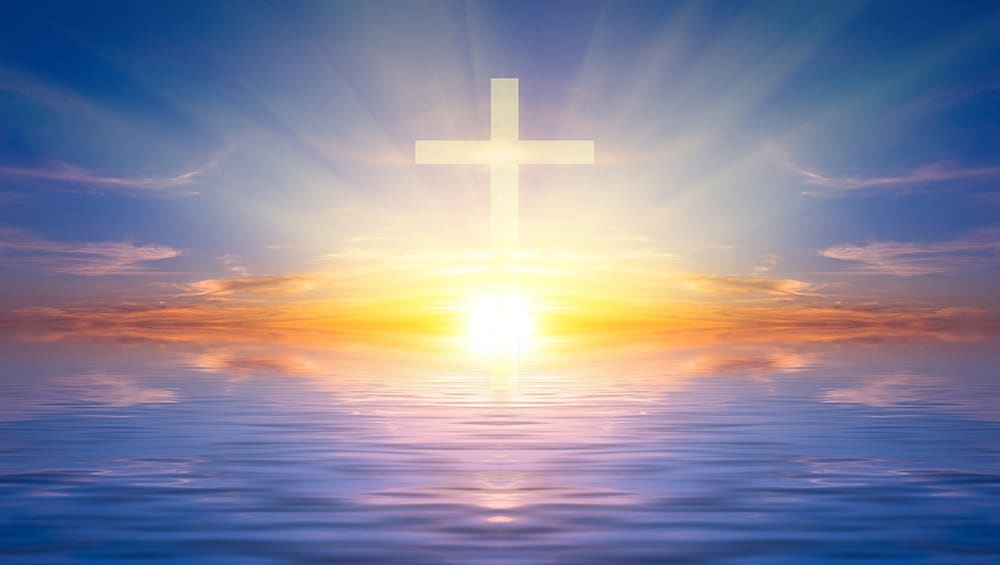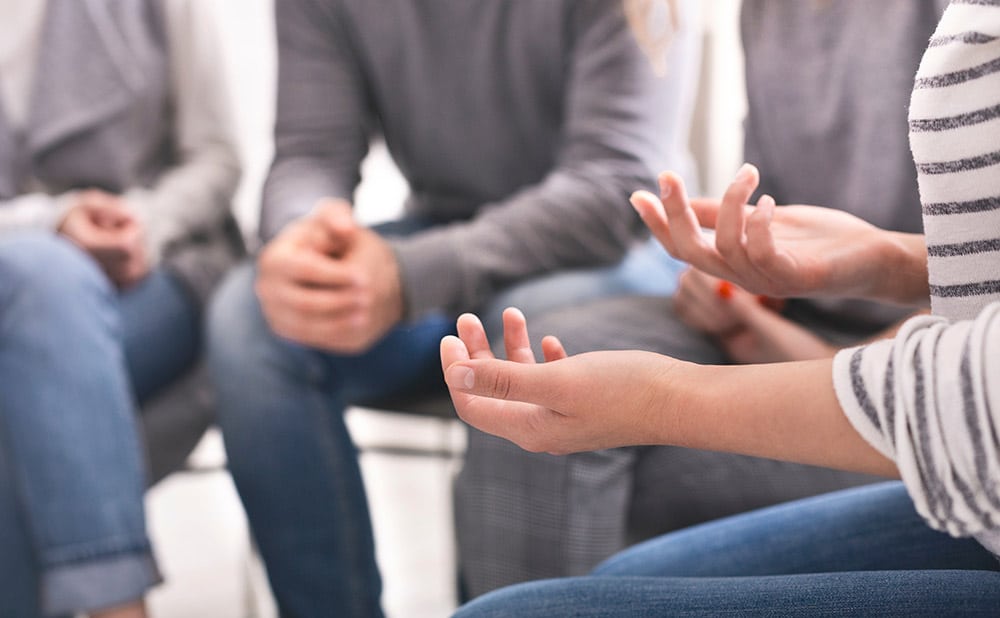Jesus tells us in the Gospels that the greatest commandment is to love God; the second is “you shall love your neighbor as yourself.” In the midst of a still-raging global pandemic, what does it look like to love our neighbor as ourselves? Certainly, it means we should do what we can to make sure our neighbors have access to basic medicine, food and shelter.
In the United States, we have ample access to vaccines critical to addressing the COVID-19 crisis. Not all corners of the world have this opportunity. In Africa, only 11 percent of the population is fully vaccinated against COVD-19 due to a limited vaccine supply and inadequate infrastructure for distribution. For example, when Ghana received a shipment of 50,000 doses last year, they lacked the trained staff to administer them.
The impact of the pandemic on African nations has been devastating. Beyond the tragedy of hundreds of thousands of COVID-19 fatalities, hospitals have been so overwhelmed that it severely impacted patients’ access to other life-saving medical treatments, resulting in worrying trends like an increased number of tuberculosis deaths across the continent. Over the last year, 46 million more people fell into hunger there. Ending hunger requires ending the pandemic.
Working with our elected representatives in Washington, D.C., we can help Africa and other parts of the world experiencing hunger and lack of access to basic human needs. And we can do this in a way that won’t have an adverse impact on the United States’ budget.
We can put our values into practice by utilizing a reserve asset at the International Monetary Fund (IMF) called Special Drawing Rights (SDRs). SDRs are a tool that countries in need can utilize to stabilize their economies, buy vaccines and invest in public health and basic services so the vaccines can be administered.
The IMF already issued one round of SDRs, where $230 billion went to lower-income countries. But more resources are needed to ensure countries in need have the funding to accelerate vaccine distribution, bolster medical capacity and bring about economic recovery. We hope that Congress and the Biden administration will work together to ensure developing nations have access to additional SDRs.
As Dr. John Nkengasong, the director of the Africa Centres for Disease Control and Prevention, put it: “I think the virus is winning. As a continent, we are not winning.” He rightly called Africa’s insufficient vaccine supply “a moral tragedy.”
When the pandemic first hit, our churches saw needs in our own communities and knew we had to do something. That’s why so many of us stepped up to be the hands and feet of Christ by helping our neighbors with what they needed.
Now, we are speaking up to address this international need with the same kind of compassion. Increasing poor and developing countries’ access to Special Drawing Rights could bring desperately needed medical equipment, vaccines and economic revitalization to struggling countries. This will save countless lives. The United States stepped up during the AIDS and malaria pandemics with medicine and equipment that saved millions of lives in Africa. We need to do it again. The situation is desperate.
We can’t be silent while our brothers and sisters in Africa and around the world die preventable deaths. We must take leadership and live out our faith’s values. Right now, that means making sure developing countries have the resources required to meet their people’s needs, including access to additional Special Drawing Rights.
Sam Brownback was the U.S. ambassador-at-large for International Religious Freedom from 2018 to 2021, and he previously served as governor of Kansas, a U.S. Senator and a member of the U.S. House of Representatives. Eric LeCompte is the executive director of the Jubilee USA Network, a development coalition of more than 750 religious groups and organizations.

